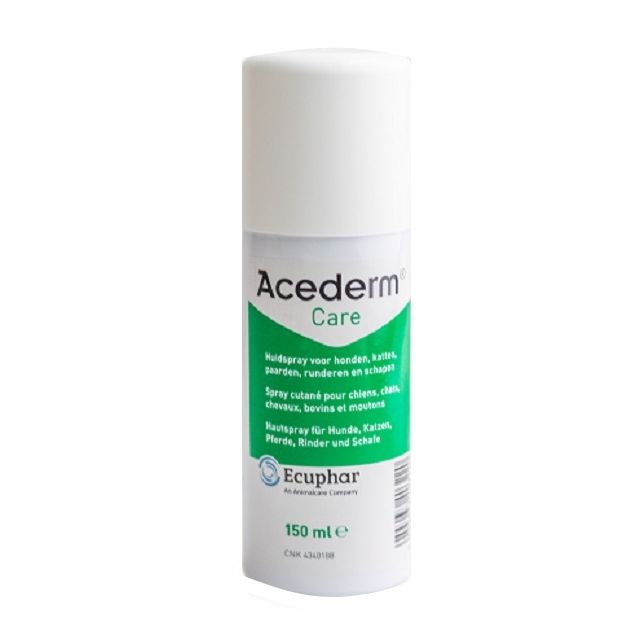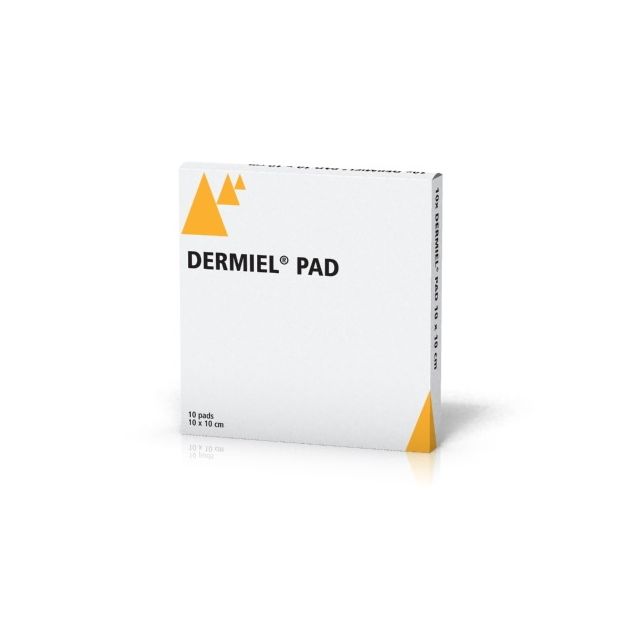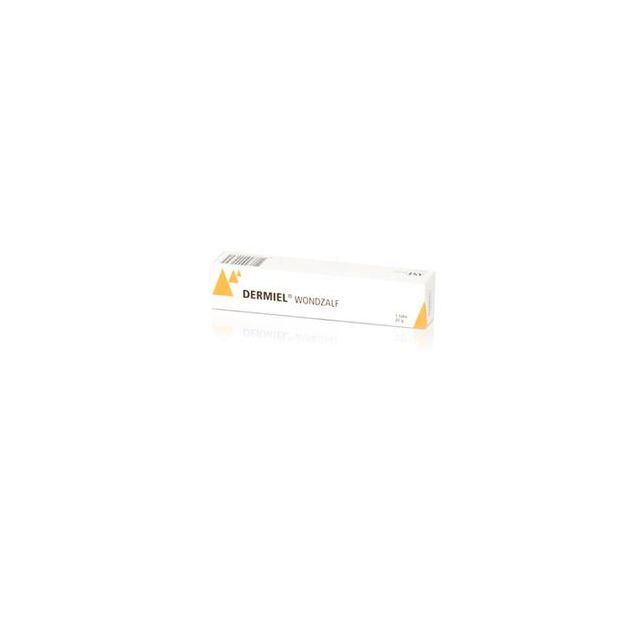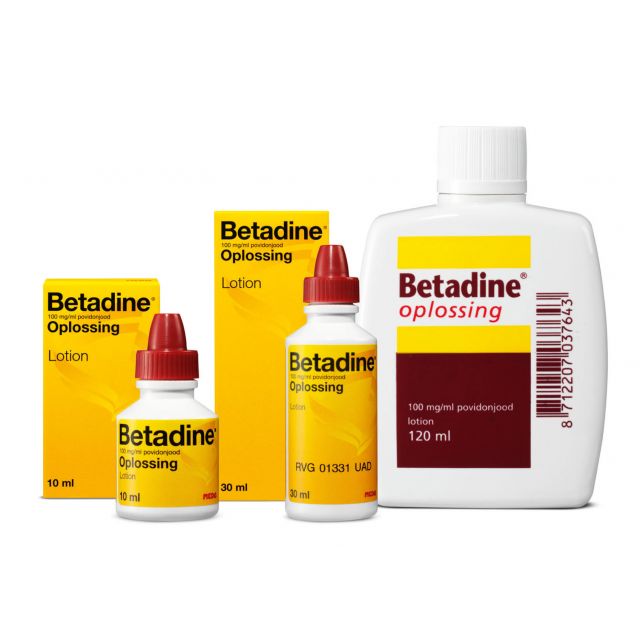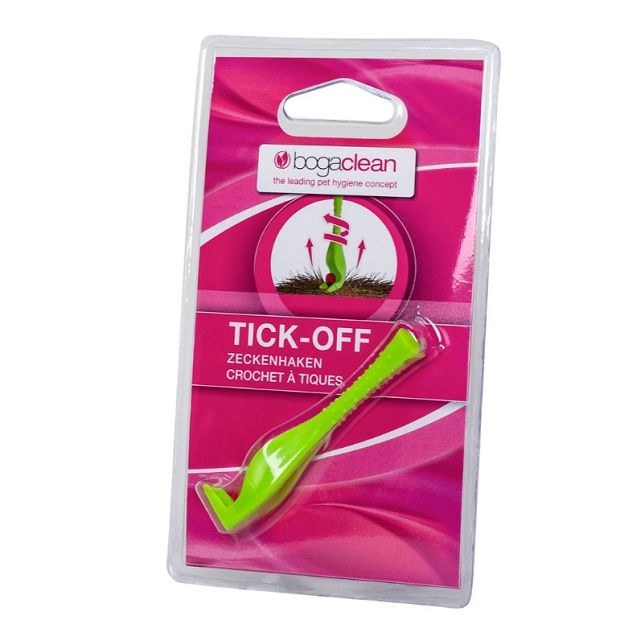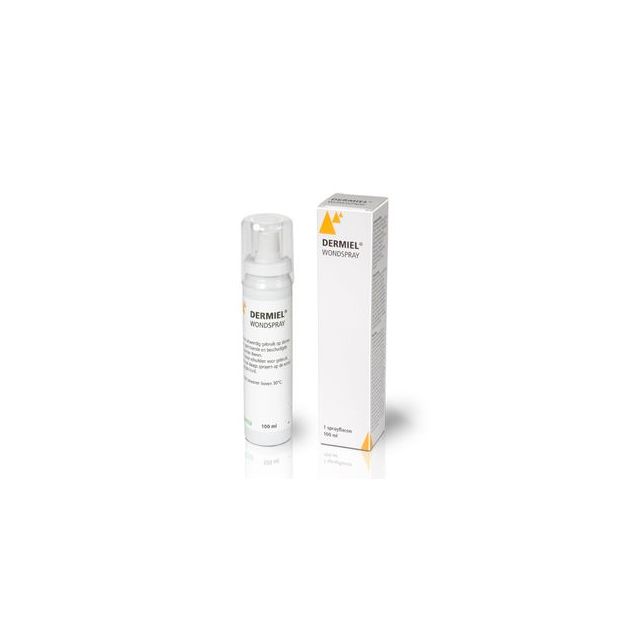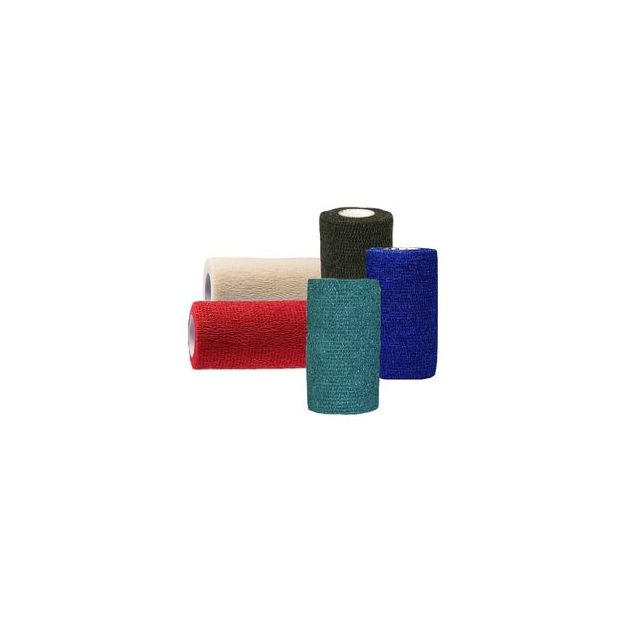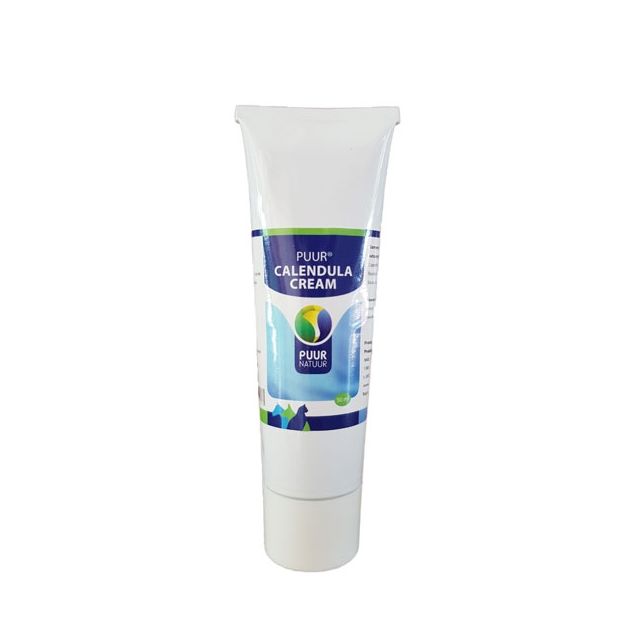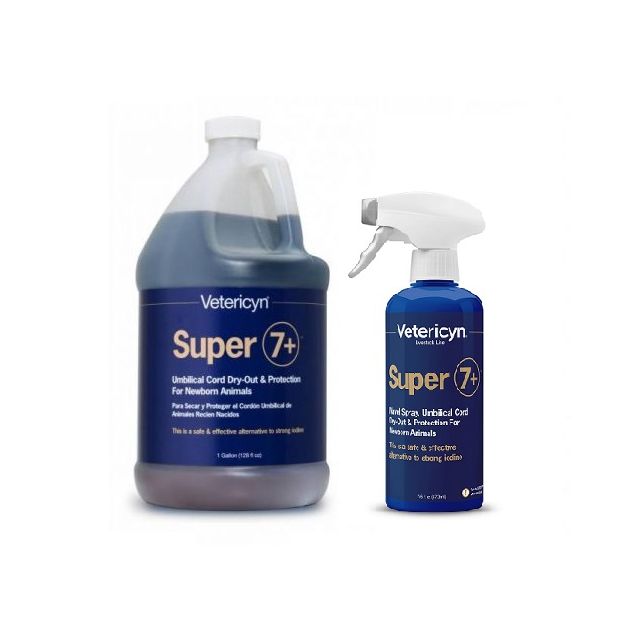First aid for horses
Because horses are flight animals, they often sustain injuries or wounds. It's important to know how to act as a horse owner in case of an injury. What can you do yourself for wound care for your horse and when should you call the vet? Pharmacy4pets provides tips and recommendations for the supplies that should not be missing from your first aid kit.
Wound care for the horse
An accident can happen in the blink of an eye, and every horse will experience a wound at some point. It's crucial to inspect the wound carefully. Does your horse have a small (graze) wound that isn't bleeding heavily but has dirt in it? Rinse the wound thoroughly with lukewarm water for five to ten minutes. Then, you can treat the wound with honey ointment, such as Dermiel wound ointment or Dermiel wound spray.
If the wound is deeper (and even if there's any doubt about this, especially puncture wounds can be much deeper than they appear at first glance!), it's advisable to contact the vet. It's best to do nothing besides rinsing until the vet arrives. Cooling a wound can soften the skin. Using disinfectant products like Betadine can irritate the tissue, and healing products like Acederm or honey ointment can complicate stitching if necessary.
Larger or deeper wounds can be protected from dirt or bleeding with a bandage like Powerflex. Be careful that it doesn't constrict!
In addition to deep or large wounds or wounds that continue to bleed, it's advisable to call the vet for:
- A lot of wound fluid or pus from the wound.
- Swelling or significant redness around the wound.
- A poorly healing wound.
- A foul-smelling wound.
- Fever (temperature above 38 degrees Celsius).
- Poor appetite.
- Signs of pain.
The first aid kit
Every stable should have a first aid kit. What products for first aid for your horse should not be missing?
- Thermometer.
- Betadine solution (consult with the vet before use).
- Alcohol for disinfecting items before and after use.
- Sterile gauze pads.
- Wound pads, such as Dermiel wound pads.
- Bandage scissors.
- Cotton wool.
- Leukotape.
- Bandage like Powerflex.
- Honey ointment like Dermiel or Vetramil.
- Hoof bag.
- Pocket knife.
- Tweezers.
- Tick remover or tick hook.
- Gloves.
- Crutch.
- Clean dish towels.
Hopefully, your horse won't have any accidents, but if it does happen, you'll be well-prepared! If you have any questions about our products or first aid for your horse, please contact us.

